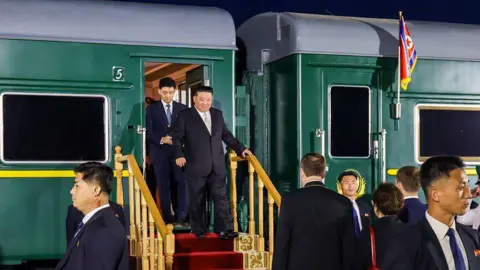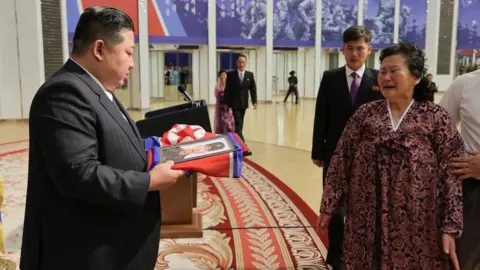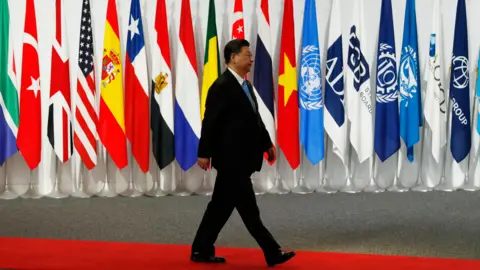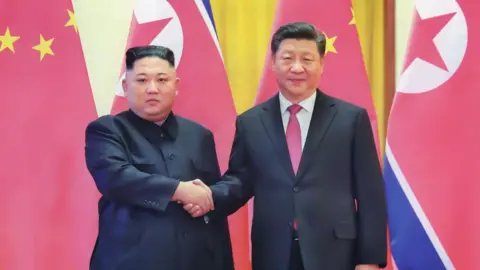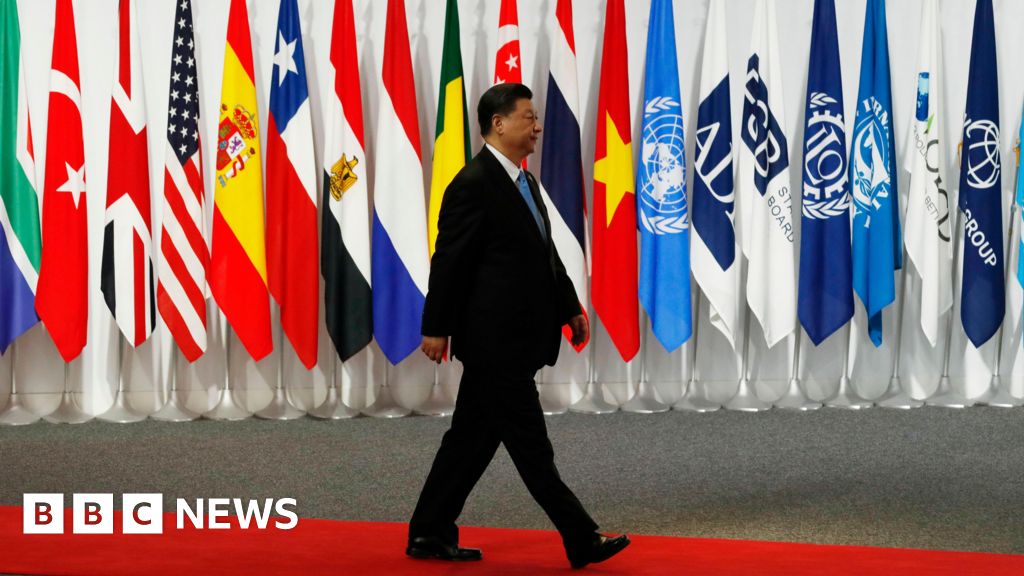For two decades, Ramzan Kadyrov has been a powerful figure in Chechnya, serving as a staunch ally to Russian President Vladimir V. Putin. His brutal governance has helped crush a once-thriving independence movement and reinforced his control over the region. However, Kadyrov's rapidly deteriorating health is bringing forth questions regarding Chechnya's leadership after his potential departure.
At 48, Kadyrov has increasingly receded from the public eye, leading many to speculate about the future. The spotlight has turned to his 17-year-old son, who recently celebrated his marriage with Putin extending congratulations. Implementing this succession plan would face legal hurdles, as Russian law mandates that regional leaders must be at least 30 years old.
Other prominent contenders have emerged, including individuals notorious for their violent policies against LGBTQ+ citizens and those who have participated in conflicts, evident in fighting for Russia in Ukraine. Their background casts shadows over the region's future should they ascend to power.
Kadyrov has become a standout figure in Putin's regime, often enjoying privileges and financial backing that surpass those of other regional leaders. He has established an autonomous rule that follows strict Islamic laws, often at odds with federal Russian legislation. Furthermore, he has developed international connections, aligning with Gulf state leaders while occasionally holding positions that diverge from Kremlin expectations.
Notably, Chechnya was exempted from Moscow’s mass conscription during the Ukraine invasion. Nevertheless, reports indicate that individuals from the region were sent to the front lines as a form of punishment for dissent, raising alarm among human rights advocates. Kadyrov's forces initially participated in the war but later earned the derogatory moniker "TikTok soldiers," illustrating their minimal engagement in frontline combat.
As the situation in Chechnya evolves, so too does the question of who will be Kadyrov's successor, and what implications this will have for a region scarred by its tumultuous past.










